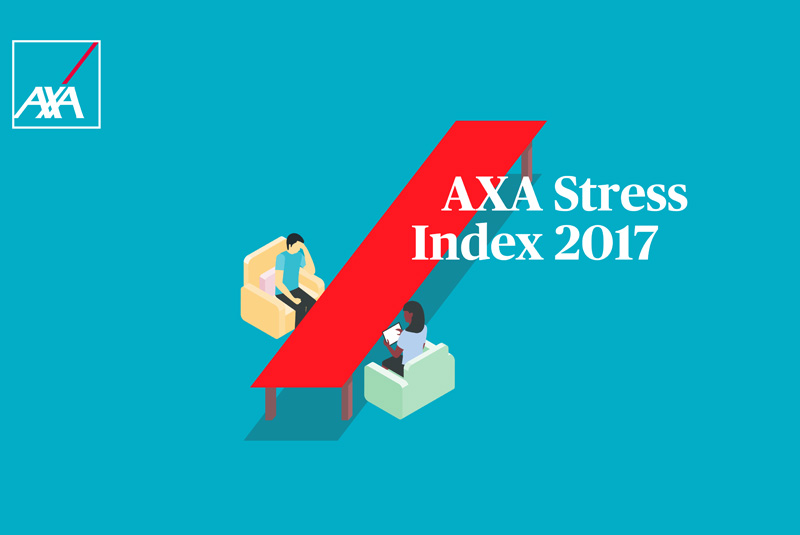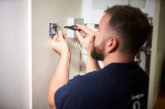
New research by AXA Business Insurance busts some of the most prevalent myths about being self-employed in the UK. According to the survey, part of the company’s annual Stress Index, those working for themselves are less stressed, have a better work-life balance and better mental wellbeing than everyone else. Pain points did emerge, however: being on call 24/7 and fluctuating monthly incomes were the twin bugbears of self-employed life.
FICTION 1: It’s more stressful being your own boss
78 per cent of self-employed people describe themselves as stressed to some extent. This may seem catastrophically high, but only when compared to those who work for someone else where the figure is nine in ten.
Fewer self-employed people said their stress came from their work life: 42 per cent compared to 61 per cent of company employees. Work for yourself and you are also three times less likely to say you deal with ‘difficult’ people as part of your daily work.
When work stress does hit the self-employed, it is less likely to become chronic: while 11 per cent of workers say they are stressed all the time, that falls to just two per cent of those who work for themselves. And when asked about their overall mental health, 30 per cent of full-time employees said they had concerns compared to just 11 per cent of ‘own bosses’.
“Running a business is stressful, but the fact that I’m the one in control, means I feel I can handle stress better now than when I worked for someone else,” commented one participant.
FICTION 2: Self-employment is always more precarious
Half of self-employed people said they sometimes struggle to pay their bills due to monthly fluctuations in income. But, this issue is no longer just a problem for them, as one in five company employees said the same, perhaps due to many working on gig economy contracts for their employers.
Self-employed people are less likely to feel their income is insecure in the long term. Just under half said they worry about the stability of their business: again high, but lower than the two thirds of employees who worry their jobs are insecure. Likewise, 83 per cent said their work is safe from automation in their lifetimes, double the number of those who work for someone else.
“There were people who told me it wasn’t worth the risk. I don’t see why it’s any better being a small cog in a big wheel. It’s less risky to be (or own) the wheel!”
FICTION 3: You have to be a workaholic to run a business
Just 22 per cent of self-employed people said they worked overly long hours, half the figure of those in employment. Being ‘always on’ is part of the deal, however, as two thirds of business owners say they always take calls and emails from customers outside normal working hours.
“The biggest myth is that you have to work long hours for little reward. I work hard, but I work from home and choose my hours to suit”
FICTIONS 4 and 5: Self-employment is a poverty trap/a road to riches
The truth is more mundane: on average, a full-time self-employed person earns £33,000 or £6,000 more than the average employee. That’s not to say the two extremes do not exist: one in ten self-employed people earn under £11,000 per year from their business. A more sizeable 22 per cent earn above the £45,000 higher rate of tax, while a lucky four per cent top the £100,000 mark.
Gareth Howell, Managing Director, AXA Direct: “We have the stereotype of the adrenaline driven entrepreneur and assume that being your own boss is always stressful. Looking at our index, self-employed people do indeed appear stressed, but that’s only before you compare them to everyone else. This is a fascinating bit of insight: does life just get less stressful when you’re self-employed, or do you simply become more resilient?”
“I do feel there is something here about how much control an individual feels they have over their destiny. When we asked people about their motivations for starting a business, ‘control’ was the word that came up time and again, in four in ten verbatim answers. Being able to wrest back control in an uncertain world is the crux of our self-employment boom, and explains why the self-employed come out best in this year’s Stress Index.”













